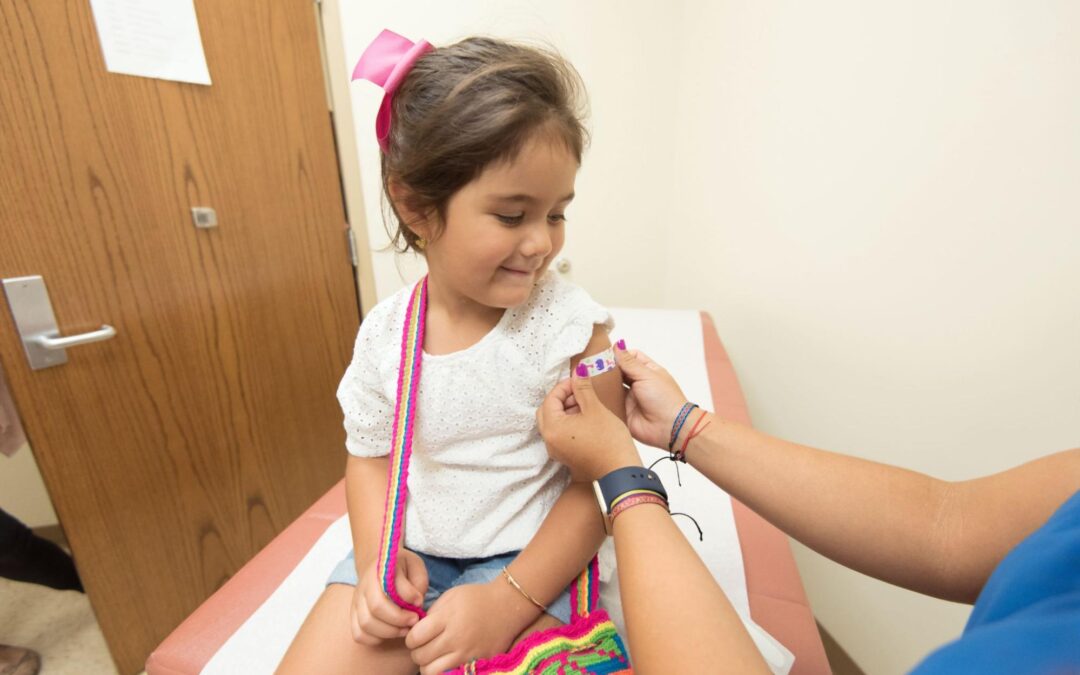Parents with shared custody of their children face numerous challenges when it comes to making important decisions about their children’s welfare. One of the most difficult decisions is how to handle medical treatment. It can be challenging to navigate different opinions and preferences, as well as differing levels of involvement and access to medical information. However, it is important to ensure that the child’s health and wellbeing are always the top priority. In this blog post, we’ll explore some considerations for deciding on medical treatment in a shared custody situation.
Communication and Information Sharing
One of the most important things to prioritize is open communication between parents. Sharing information about the child’s medical history, diagnoses, medications, and treatment plans can help both parents make informed decisions. It is also important to keep each other updated about any new developments or changes in the child’s health. If one parent has primary responsibility for coordinating medical appointments and treatment, they should make an effort to keep the other parent informed and involved. In some cases, it may be helpful to establish a system for sharing medical information, such as a shared online portal or a joint email account.
Respect for each other’s opinions and values
It is common for parents to have differing opinions and values when it comes to medical treatment. For example, one parent may prioritize natural remedies and alternative medicine, while the other may prefer conventional treatments. It is important to respect each other’s opinions and values, even if you don’t agree with them. It may be helpful to have a discussion about your beliefs and values surrounding medical treatment, and try to find common ground where possible. If you can’t agree on a course of treatment, it may be necessary to seek the advice of a medical professional or a mediator.
Establishing a decision-making process
In some cases, it may be helpful to establish a decision-making process for medical treatment. This can help ensure that both parents are involved and have a say in important decisions. For example, you might agree to consult with each other before making any major medical decisions, or to seek the opinion of a neutral third party, such as a pediatrician or therapist. It is important to establish clear guidelines and expectations for how decisions will be made, and to stick to them consistently.
Addressing emergencies and urgent situations
In emergency situations, it may not be possible to consult with the other parent before making a medical decision. It is important to have a plan in place for how to handle emergencies and urgent situations. This might involve designating one parent as the primary contact for medical emergencies, or agreeing to notify the other parent as soon as possible in the event of an emergency. It is also important to ensure that both parents have access to important medical information, such as the child’s medical history and insurance information.
Deciding on medical treatment in a shared custody situation can be challenging, but it is important to prioritize the child’s health and wellbeing. Open communication, respect for each other’s opinions and values, and establishing a decision-making process can all help to ensure that both parents are involved and informed. If you are struggling to make important medical decisions in a shared custody situation, it may be helpful to seek the advice of a legal or medical professional.
This blog does not constitute legal advice. For more information about how to make medical decisions for your child in a shared custody arrangement, contact Sandoval Family Law today.



